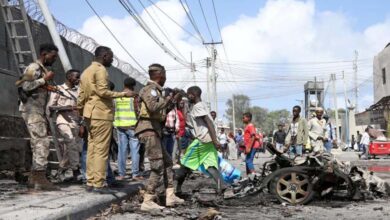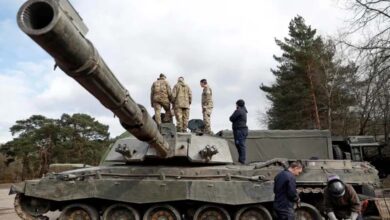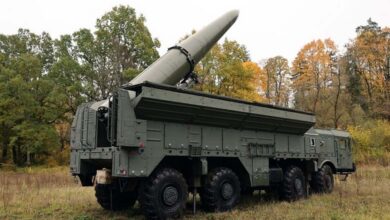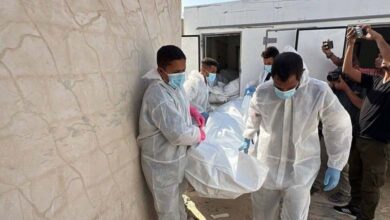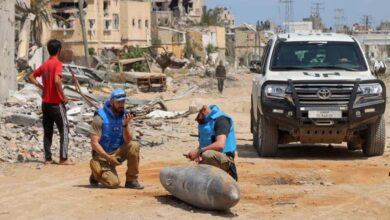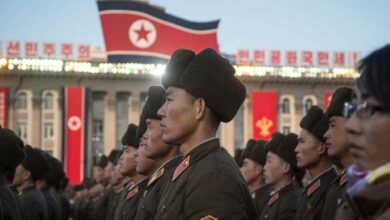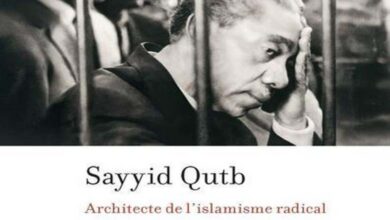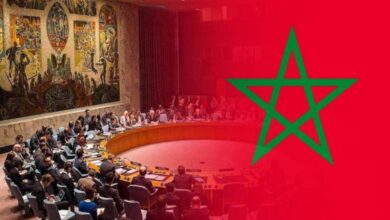G7 Calls for Nuclear Talks as Iran Sets Conditions for Return to the Table
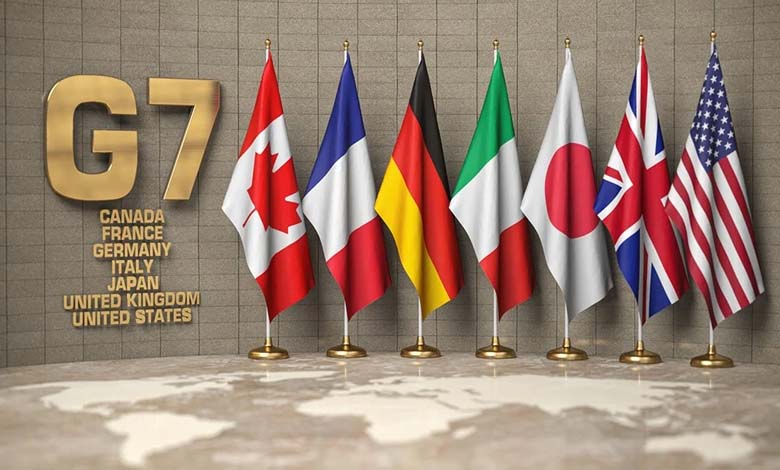
Following weeks of military confrontation between Israel and Iran, the G7 nations have called for the resumption of nuclear negotiations with Tehran.
In a joint statement, the G7 foreign ministers said that the move aims to contain the consequences of the conflict and prevent further escalation.
-
Israel and Iran: Everything You Need to Know About The Fire Saturday
-
Intense Cyber War Between Israel and Iran
Four Key Issues on the G7 Agenda
The G7’s statement went beyond merely calling for a permanent ceasefire between Israel and Iran. It clearly outlined four key priorities:
- Resuming nuclear negotiations
- Ensuring the peaceful nature of Iran’s nuclear program
- Warning against regional destabilization
- Condemning threats against the International Atomic Energy Agency (IAEA)
“We call for a resumption of negotiations leading to a comprehensive, verifiable, and durable agreement addressing Iran’s nuclear program,” the statement read, as attention turns to Washington and Tehran following the most serious escalation since the 2015 nuclear deal.
-
Washington Tests Military Capabilities Amid Escalation Between Israel and Iran
-
Iran Holds Official Funerals for Military Commanders and Scientists Killed in Israeli Strikes
Washington: Talks Show “Promise”
Alongside the G7’s call, U.S. envoy to the Middle East, Steve Witkoff, stated that discussions between Washington and Tehran are showing “promising signs,” noting the Trump administration’s desire to reach a long-term deal to prevent Iran from building a nuclear weapon.
Iran Draws Its Red Lines
Iran’s response was swift and firm. Foreign Minister Abbas Araghchi told CBS News: “I don’t think negotiations will resume that quickly,” adding that “resuming talks is conditional on U.S. guarantees that no new military strikes will be carried out during negotiations.”
-
Unprecedented Announcement: Israeli Commandos Operated Inside Iran
-
Behind Trump’s Deal: How Iran and Israel Agreed to End the War
Araghchi stressed that Iran “needs time” but is not closing the door to diplomacy. He argued that “enrichment technology cannot be destroyed by bombing” and that Iran could quickly repair any damage if there is political will.
Deputy Foreign Minister Majid Takht-Ravanchi, speaking to the BBC, reiterated that Iran “will not return to talks” without clear U.S. assurances against further attacks. He criticized Washington’s demand for “zero enrichment” as the price for peace, calling it “the law of the jungle.”
-
Israel strikes Hamas, Hezbollah, and Houthi “weapons supply line” in Iran… Who is Behnam Shahriari?
-
Mutual escalation between Iran and Israel despite calls for de-escalation
Strikes and Retaliation
On June 13, Israel launched a surprise military operation targeting nuclear and military facilities inside Iran, aiming to prevent Tehran from reaching the nuclear threshold. Iran responded by attacking a U.S. base in Qatar. Washington later carried out calculated strikes on three major Iranian nuclear sites.
On June 24, President Donald Trump announced a ceasefire between Israel and Iran but warned that strikes would resume if Iran resumed uranium enrichment for military purposes.
-
One Week into War: Iran Expands Its Strikes on Israel with the Largest Rocket Barrage in 48 Hours
-
Missiles, Casualties, and Damage: Israel Reveals the Toll of Iranian Attacks
Tensions with the IAEA
Tensions between Iran and the IAEA also escalated after a hardline Iranian newspaper published an article calling for the “trial and execution” of Director General Rafael Grossi over his recent statements on Iran’s enrichment capabilities.
The G7 foreign ministers swiftly condemned threats against Grossi, signaling that Iran’s nuclear file is now closely tied to its future cooperation with international institutions.
The nuclear issue remains central: Iran is currently enriching uranium to 60%, the highest level ever reached by a non-nuclear state under IAEA standards. Producing a nuclear warhead requires enrichment at 90%.


